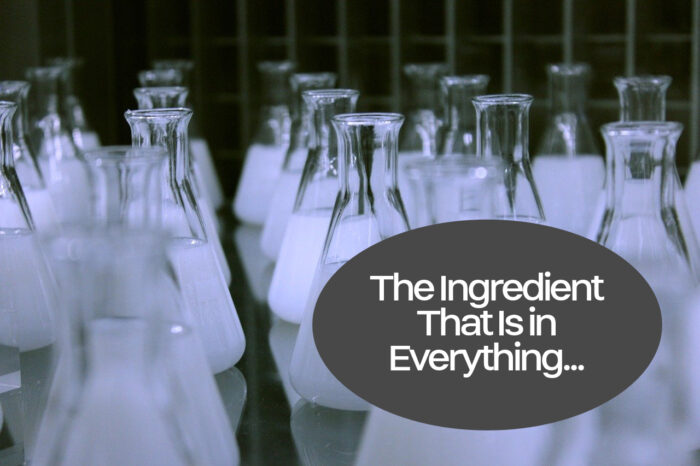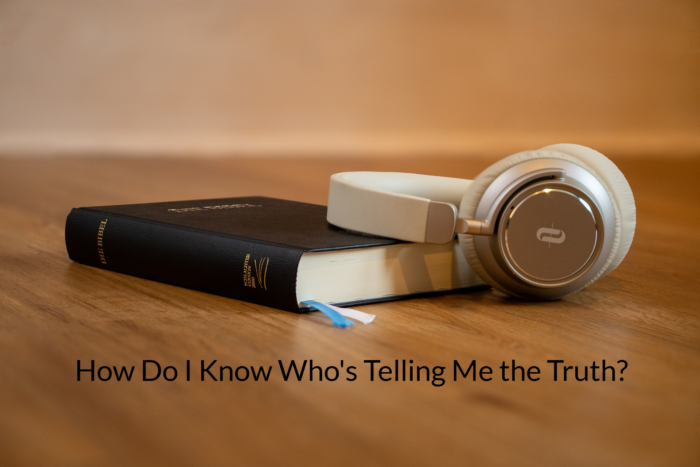What Color is the Sky?
Back in the 80s, there was an artist who liked to write songs about hot topics of the culture. One of the songs he wrote was about values clarification. You may not know what this is but I guarantee it has affected every one of our lives.
Values clarification is determining what has value based on subjectivity (personal “truth”) rather than objectivity (absolute truth). So his song was about a boat in which there were four people but only three could stay in it if it was to stay afloat. Which person had the “least value” and what criteria should be used to determine this?
This push to teach students values clarification was, in my opinion, very instrumental in moving the entire culture from absolute truth to subjective truth. From “This is true because it is true” to “This is true because this is what I have decided is true”. And from “This is true for all” to “this is my personal truth”.
But truth, by its very nature, must be true or false. There is no “truth” for you and a different “truth” for me. The sky cannot be both blue and purple at the same time. But most people would not argue with someone who says the sky is purple. They are content to let someone believe this, even if they don’t agree with them. And, in fact, they believe that there can be a different answer than four to the equation 2+2. They may believe the answer is four but they do not care and, in fact, willingly accept that someone else’s “truth” may lead them to a different answer.
This attitude about absolute truth is leading many Christians right off the cliff into the morass of relativity when it comes to discernment. Instead of using the Bible to judge what is right and what is wrong (because for a believer, the Bible is our ultimate test for these things), they are using emotion and feeling and pragmatism (does it work) to determine these things. They are determining what is true subjectively rather than objectively.
Let me give you an example…
Last week, I posted something my daughter had written about “The Chosen” TV series (you can find that here). Inevitably the comments come (more for her at this juncture than for me, although I did get a couple). The general spirit of these comments is “God is using this, how can you judge something God is using?” or “This has helped me to read my Bible more, how could you say this is bad?”
These people are determining truth by their own subjective experience, rather than by scripture. They are saying something is good, simply because it helped them or is helping someone else (pragmatism).
I just have to add here that if we think God needs a show from Hollywood that attacks His divinity and adds to His Words to reach people, we have a very, very low view of our all-powerful God. I’d also recommend reading Deuteronomy 13 to be reminded of how God feels about anyone who would lead his people astray. He does not take this lightly (to say the least!!)
Another example are the many popular books that make people “feel good”. They feel loved and comforted and encouraged. A book can’t possibly be wrong if it makes me feel so good, could it?
But should our feelings be our criteria for determining what is right, according to scripture? Is this what gives something “value”?
As genuine believers, we must hold the scripture as our authority and we must use this to determine what is right and good.
I think I am probably “preaching to the choir” here, because at this point if you are still sticking around here reading this blog, you are probably already aware of the danger of this type of thinking. And so let’s spend a moment or two considering how we talk to those who profess to follow Christ and yet just can’t see this danger.
This is a conundrum, isn’t it? It is an attitude that has reached every church and even every Christian family at some level. And it feels impossible to open someone’s eyes to how they are determining truth because they believe in their hearts that they are right. And guess what? It IS impossible for us to open their eyes. But God can!
And that is our HOPE. God–and only God–can open the eyes of someone who is determining truth in the wrong way. And so we must pray diligently.
As we pray, we must do our best to set a good example in our own lives of determining truth by scripture instead of by feelings. And, if we are given opportunities to have conversations about this with other Christians, we just keep pointing people to the Word. This is all we can do.
What we must never do is get into online debates or family arguments about this. Discussions are good but quarrels are not. If the person you are trying to point to the Word to determine truth wants no part of it, it’s best to just stop talking.
This is a very, very difficult time in which to be a Christian. Us older people can remember a time when truth was...truth. But that is simply not the case any more. We see this in a myriad of ways in secular culture but it has also crept into the church under the guise of “love and unity”.
Letting false teaching run amok among believers can never be defined as LOVE. And any unity that is based on “you believe what you want and I’ll believe what I want” is not true UNITY. But, unless someone is getting their definitions for love and for unity from scripture, they will have a very different opinion than you about this. These beautiful words that have so much meaning in scripture have literally been re-defined.
Oh, that we may continue to look to scripture as our anchor and our litmus test. And, as God gives us opportunities, may we encourage other believers to do the same.
If you’d like to read more about how to discern truth from error as a believer, along with some ideas on how to share the truth with others, perhaps my new book Learn to Discern (According to Scripture) would be helpful. It is available at this link. This is just a short book that I hope will help those who desire some help in learning to discern. I hope it will be a blessing to those who read it.







